Rehoming your Siamese cat is a heart-wrenching experience. It can be even more challenging when you’ve thought about other options, but it all comes down to letting him go.
I know from experience that rehoming a cat so dear to you is never easy, no matter the circumstance.
Do not worry. It’s going to be fine as long as you find a loving home for your cat and do it in a thoughtful way.
In this article, I will discuss how to rehome a Siamese cat. Included below are the necessary preparations and the various available options for rehoming.
What Are The Best Possible Rehoming Options I Can Choose From?
1. Give your cat to a family member.
2. Give your cat to a neighboring friend or acquaintance.
3. Inform your vet about the rehoming plan and ask for suggestions.
4. Surrender your cat to an animal shelter in your area.
5. Ask for help from a reputable animal rescue organization.
Is It Okay To Rehome My Siamese Cat?
Here are some things to consider if you’re hesitant about rehoming your cat:
Rehoming is a good option if the reasons for it are:
How Do I Rehome My Siamese Cat?

1. Prepare the complete file of your cat’s medical history and vet records.
It will be easy for the new owner to figure out what type of care and medical attention your cat needs. If he gets a new vet, he will also ask for these copies.
2. Talk to your vet about your plan to rehome your cat.
Your vet may have other customers who wish to add one more pet to their households. Your vet can also give you suggestions for an effective rehoming strategy.
3. Share the info with your family and friends.
Your Siamese cat could be a good match for one of them. They might want to adopt your cat. Also, they might have friends or family members looking for a furry companion. This way, you know your cat will be in good hands.
4. Have a chat with other cat owners you know in the area.
One of them may be looking for new furry companions. Perhaps some of them know about rehoming possibilities.
5. Get in touch with your local animal shelter.
Your local animal shelter can assist you in a variety of ways. They can propose alternatives or solutions if your Siamese cat has behavioral issues.
Your local animal shelter can also arrange short-term fostering for your cat if that is what you need. The shelter can also offer low-cost animal health care suggestions if you are on a budget.
6. Avoid using classified ads for advertising.
You can sell your furniture and other belongings in the classifieds, not your pets. Please do not give your cat to almost anyone.
Classified ads are neither a secure space nor a suitable medium for your rehoming plan.
7. Seek help from a local animal welfare organization.
Several animal care organizations are willing to help with the advertising. They will post ads on credible social media networks on your behalf. They can help you find a new, trusted home for your Siamese cat.
Several non-profit organizations can help with the adoption of pets. Some of these include Adopt-A-Pet, Get Your Pet, and Rehome. Many also help you screen prospective owners to ensure your cat finds a new, caring home.
8. Double-check that your cat is up-to-date on his deworming and vaccination schedules.
Verify that your cat has not fallen behind on his vaccinations or deworming treatments. Also, make sure to attend all vet visit schedules while you are planning the rehoming process.
9. Conduct interviews with potential adopters.
Set an interview date once someone expresses enthusiasm for adopting your Siamese cat. Interview the possible owners and ask them many questions. Tell them about your cat’s personality. Listen to their planned living arrangements to see whether they suit your cat.
10. Make a home visit.
Do a home visit with the possible adopter’s permission to know how safe your Siamese cat’s next home is.
11. Ask for updates from the new owner.
Get in touch with the new owner after rehoming your Siamese. They may have inquiries about their new feline friend, and you would respond best.
Request the owner to send updates or pictures for the first three months. Be wary if they refuse. Follow up every three months during the first year following the rehoming.
Is It Stressful For Siamese Cats To Change Owners?

Siamese cats may experience stress from moving into a new home. Cats are creatures of habit; they prefer to remain in the same pattern for as long as possible. They also develop attachments to their previous owners. It may be stressful for them once they move into the new house. Give them enough time to adjust, and they will soon feel at ease in the new home.
Do Siamese Cats Miss Their Owners When Rehomed?
Siamese cats will undoubtedly miss their previous owners when they are in a new home. They will miss their former owners, especially those who were always with them for a long time. They’ll struggle to move past their adored parents, who raised them with great care.
It will be emotionally taxing for them, but they will be okay in the long run. They can overcome anxiety or depression if their new parents are as loving as their old ones.
How Long Does It Take For A Siamese Cat To Adjust To Rehoming?
It may take an adult Siamese cat a week or more to adjust to his new home. New cat parents can cut this time in half with proper preparation.
Siamese kittens are more adept at settling into a new home than adults. You will observe that after two or three days, they feel at ease in their new environment and eager to explore.
Things to Keep in Mind Before Rehoming Your Siamese Cat
There are many options for rehoming your Siamese cat. Make sure you choose the best option for your cat’s health. Make sure that your cat is going to a loving home with responsible people who will treat him well.
Thank you so much for reading! I hope you find this article helpful! It will take some time for your Siamese cat to settle in. The fact that he will live in a loving home should comfort you.
Want to adopt a Siamese cat? Here’s everything you need to know about adopting this unique feline breed: Siamese Cat Rescue and Adoption.
We gathered all the health tips tailored toward maintaining your Siamese cat’s optimal well-being. Check it out here: Siamese Cat Health: A Complete Guide
Resources:
Finka, L. R. (2015). The prediction of human sociability in the domestic cat (Doctoral dissertation, University of Lincoln).
Segurson, S. (2009). Managing and rehoming the rescue dog and cat. In BSAVA Manual of Canine and Feline Behavioural Medicine (pp. 270-280). BSAVA Library.




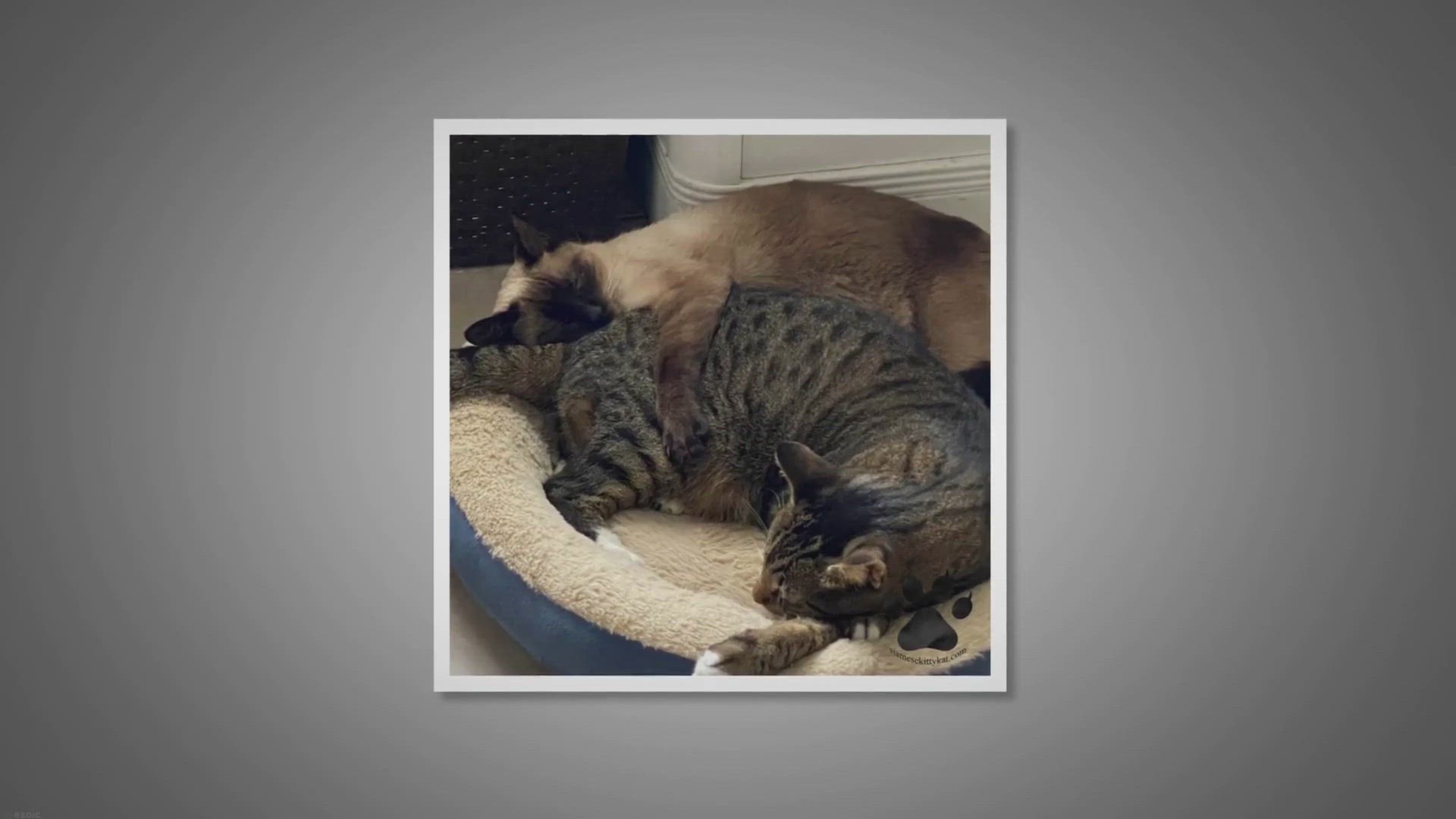
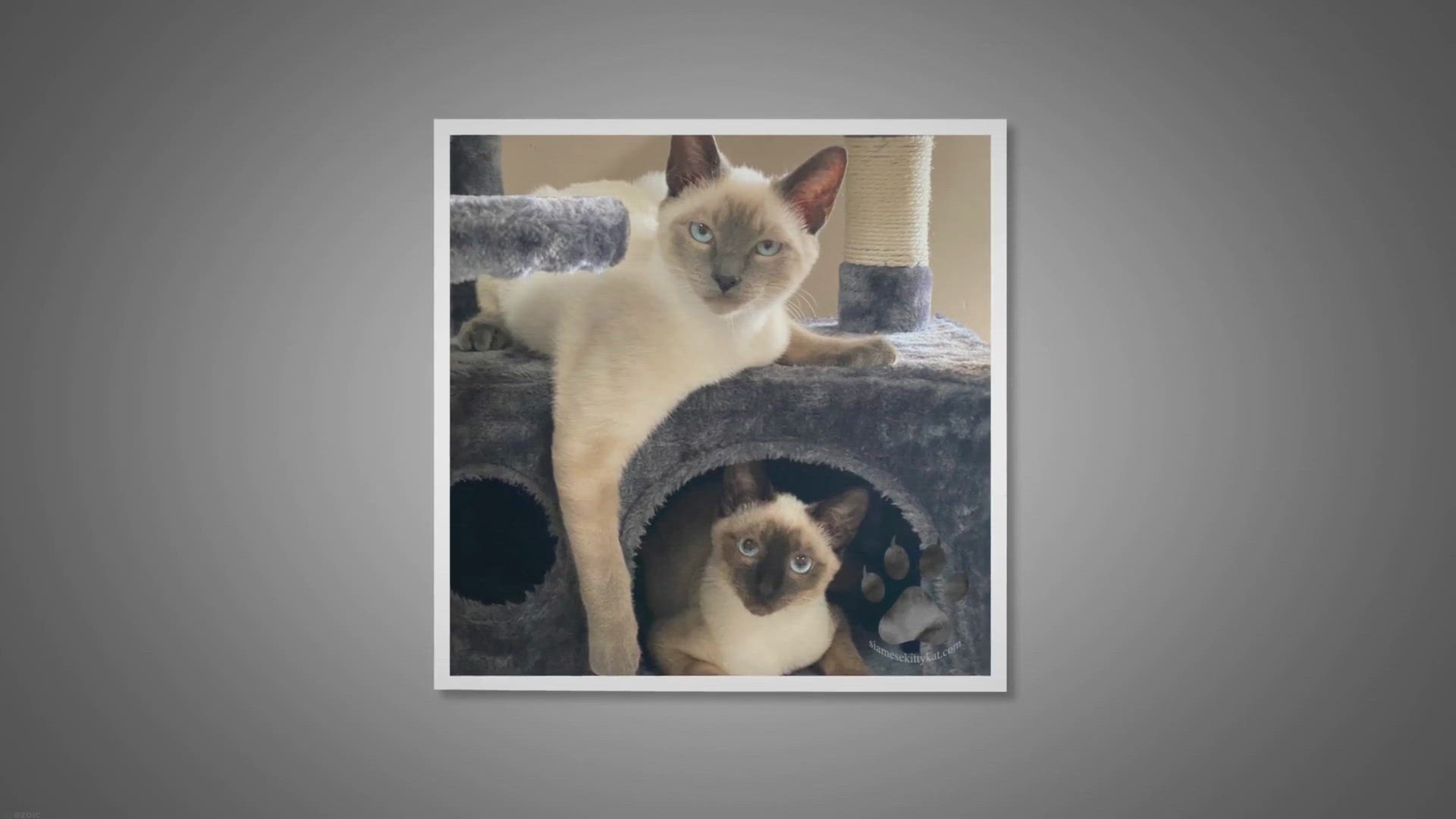
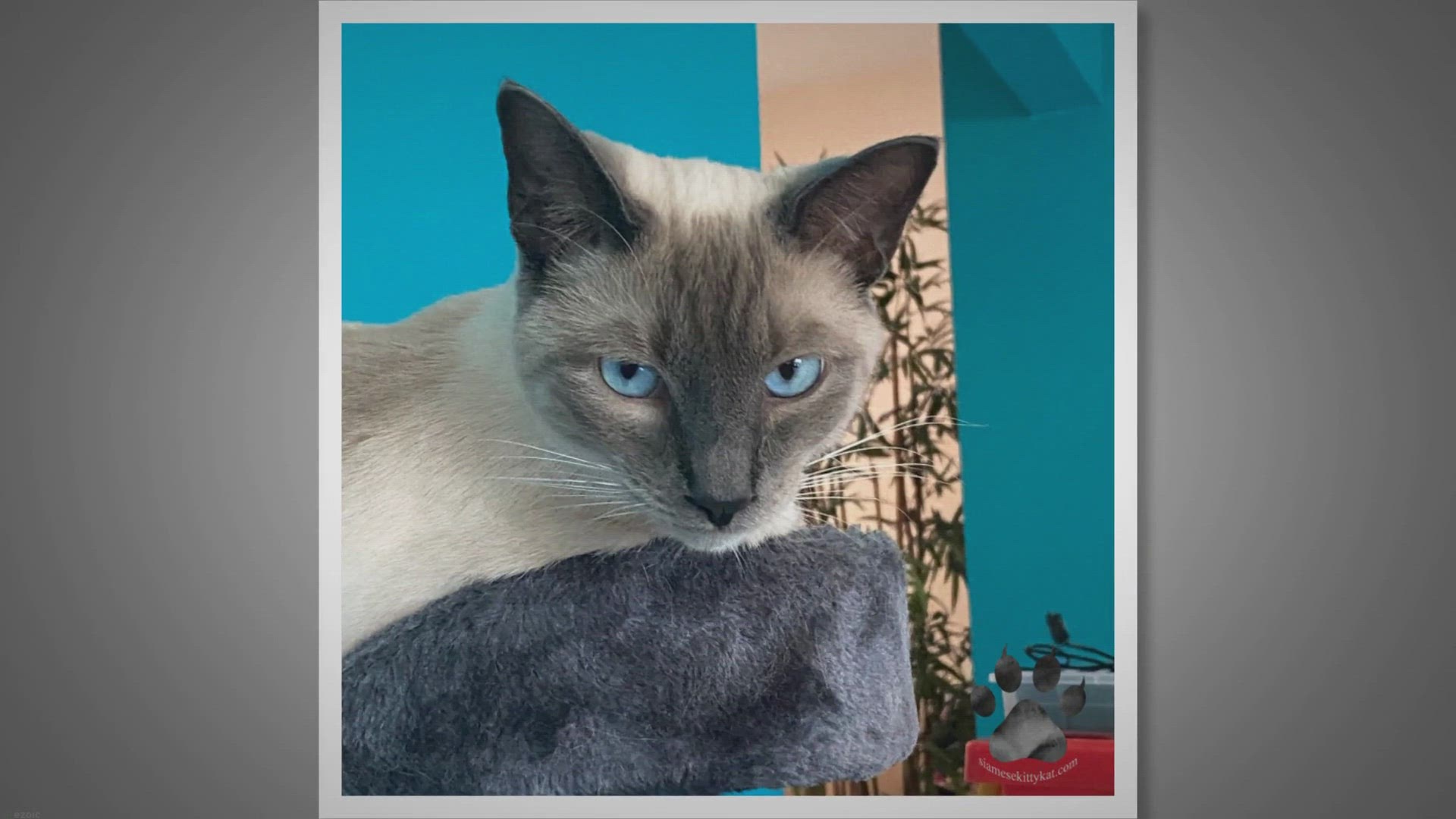
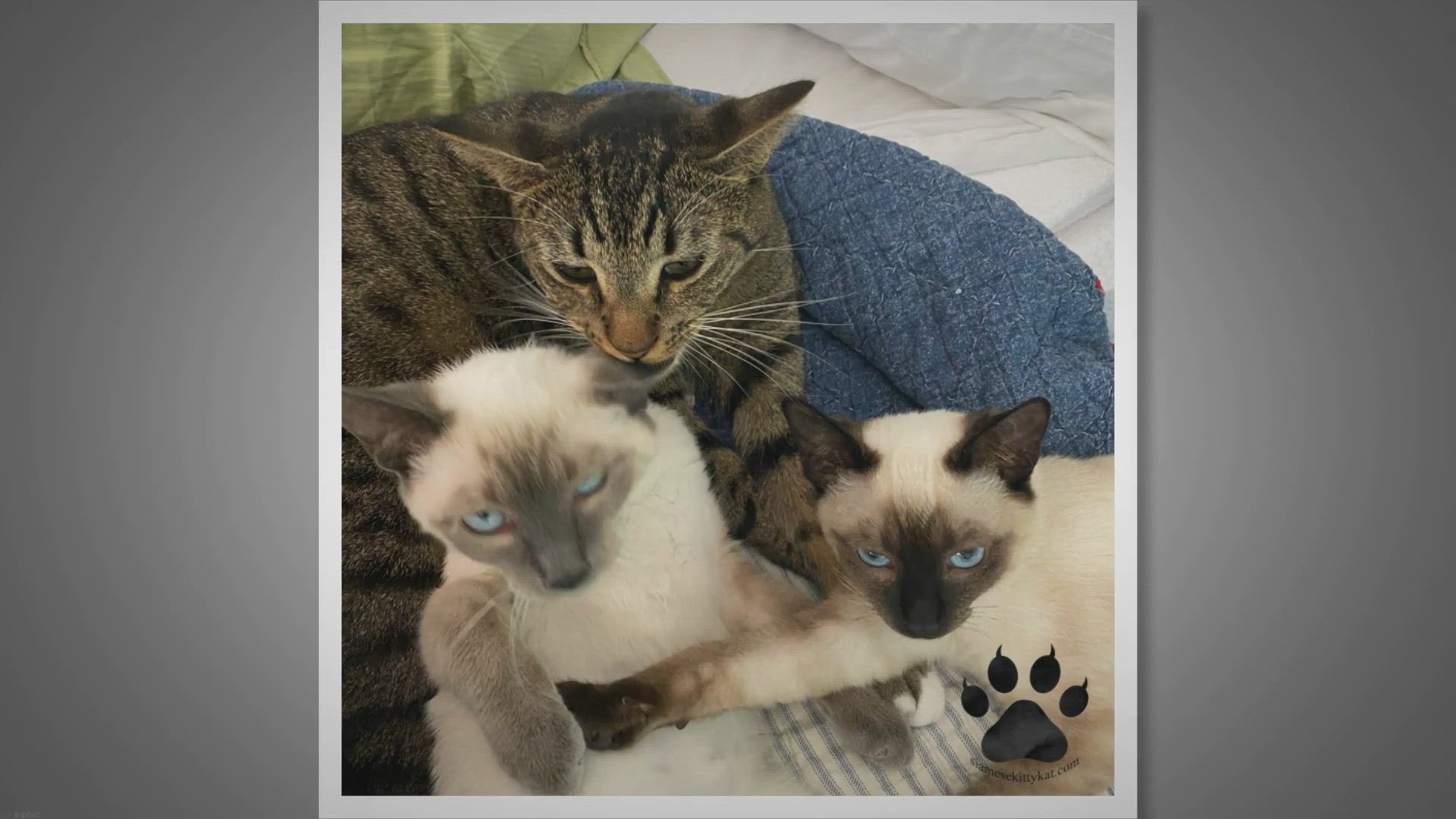


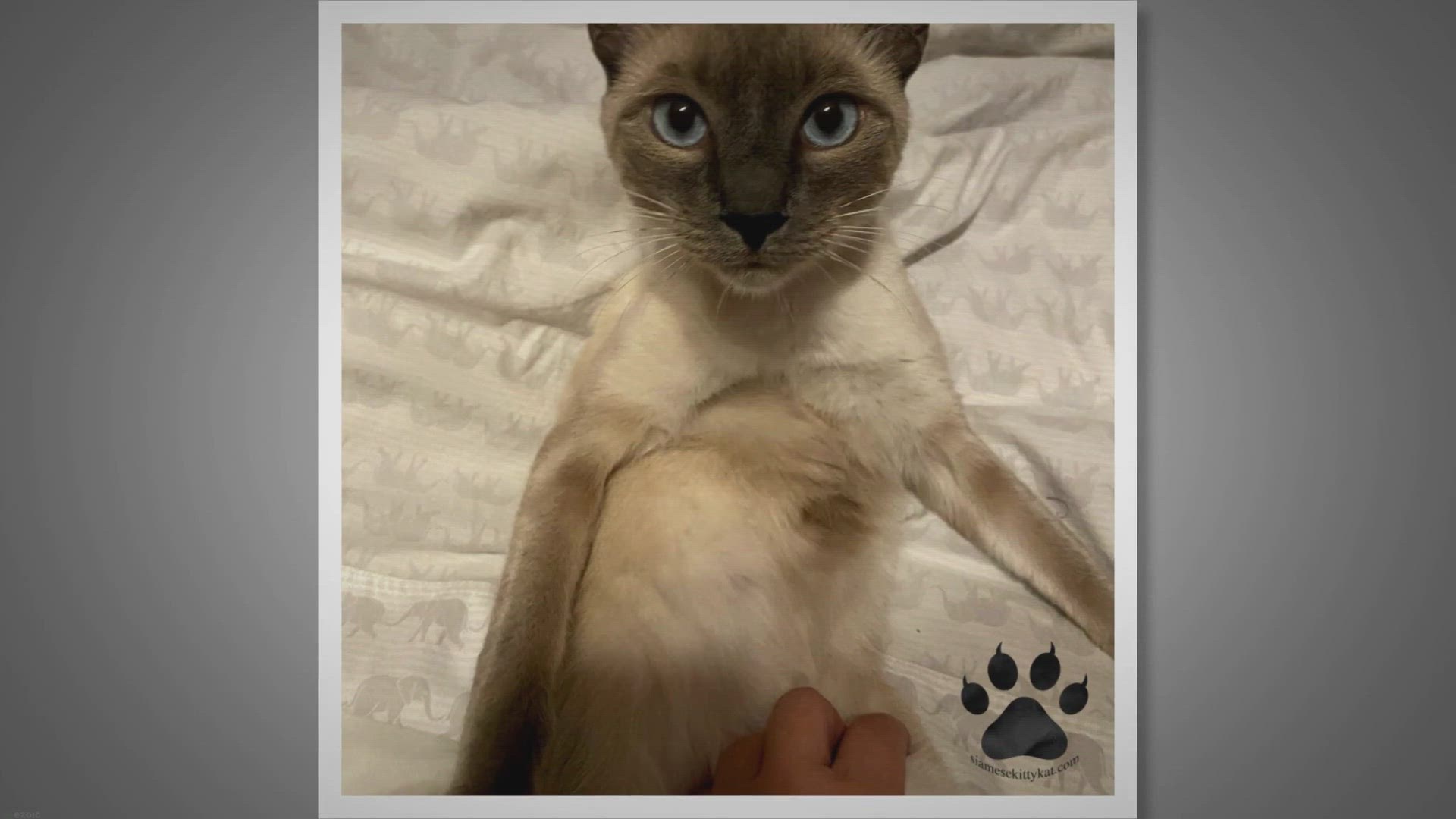
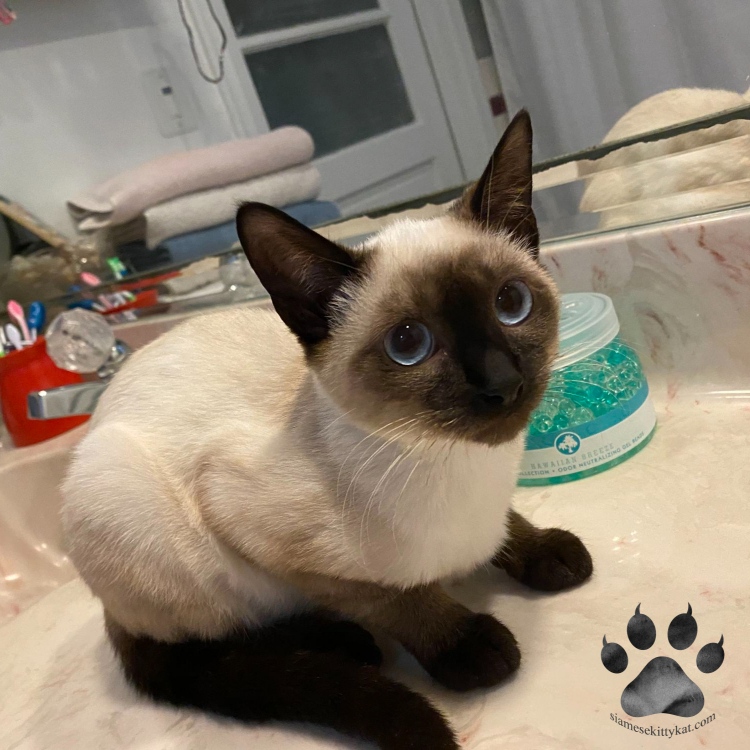
 Affiliate Link Notice
Affiliate Link Notice